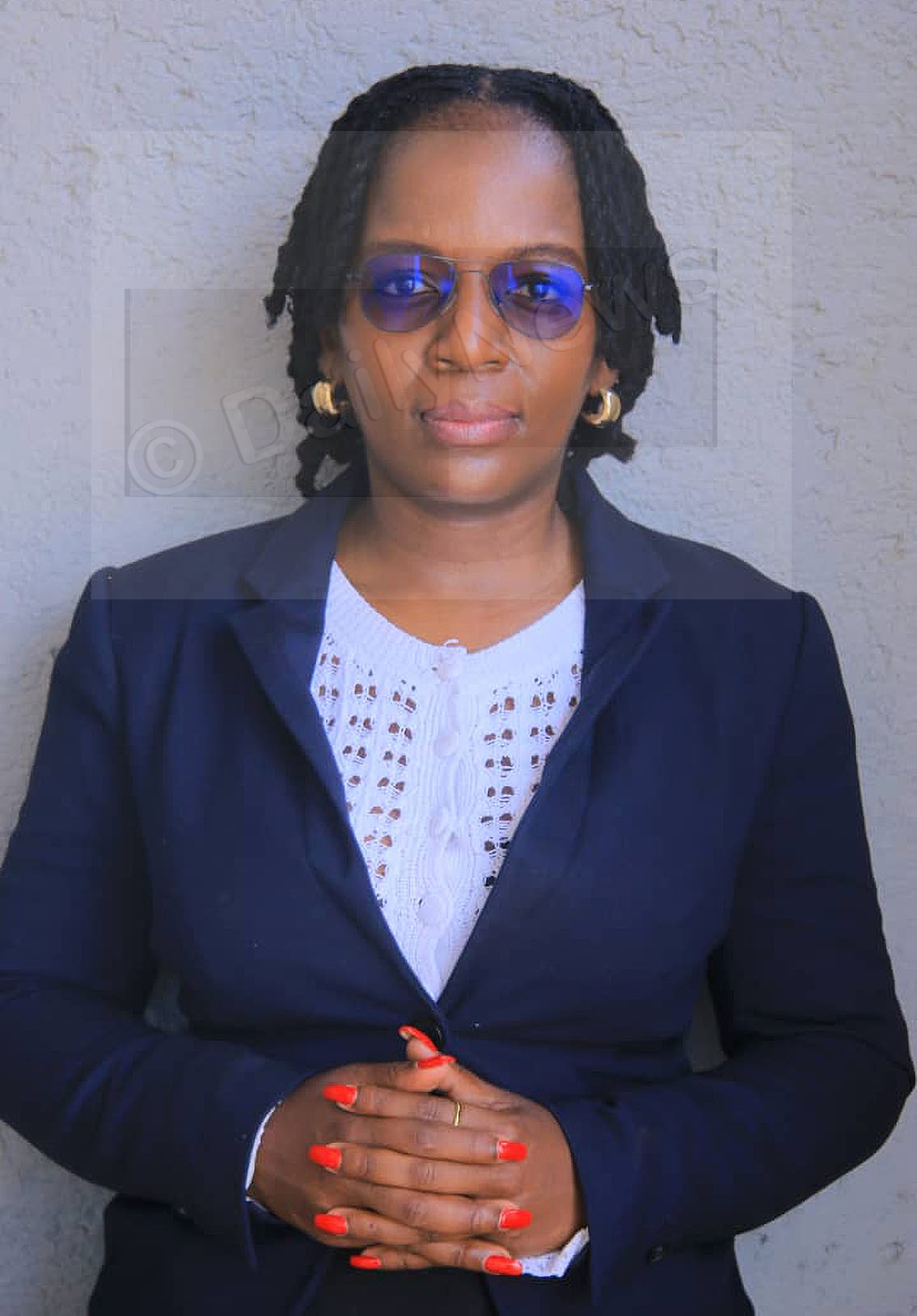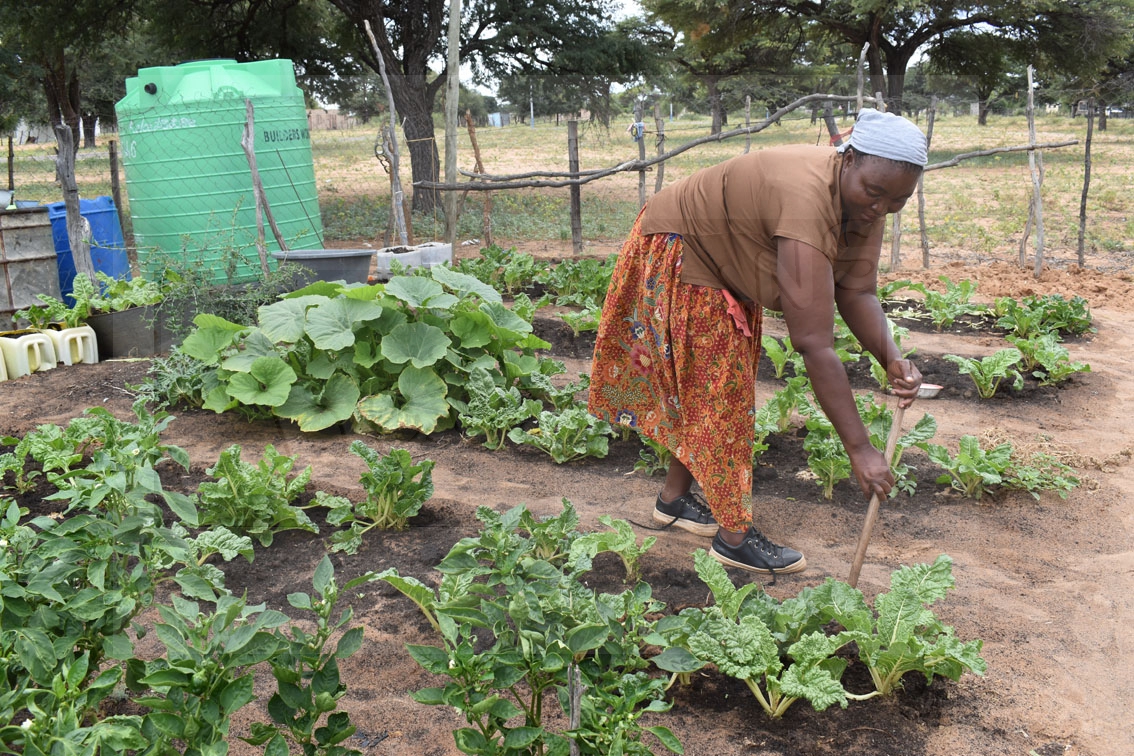Butale advocates gender-inclusive economic policies
05 Nov 2025
Dr Cheludo Butale, a feminist entrepreneur and innovator, has sounded alarm over Botswana’s’ economic success that overlooks critical issues like gender equality.
Speaking in an interview, Dr Butale observed that Botswana’s macroeconomic framework had long been hailed as a success story, with its stable economy, sound monetary policy, and fiscal discipline earning it a reputation as one of Africa’s most stable countries.
However, beneath this success lies a critical oversight - the limited incorporation of gender issues in macroeconomic decision-making.
As the founder of Assimilate Experts, a firm that advances transformation at the intersection of gender, macroeconomics, and sustainability, Dr Butale argues that Botswana’s economic policies were not as gender neutral as they seem.
“Macroeconomic policies, such as fiscal and monetary policies, have different effects on women and men. Women-led businesses, which are mostly in domestic and service-based industries, do not benefit much from a weaker currency,” she said.
Dr Butale explained that women also dominated the informal sector, including small-scale trade and unpaid care work, making them more susceptible to inflation, financial limitations, and shifts in import prices.
She noted that the recent policy changes, such as the increase in the Bank of Botswana’s annual rate of crawl and the Monetary Policy Rate, had gendered economic consequences that could further marginalise women.
For instance, the depreciation of the Pula can lead to higher import prices, which can disproportionately affect women who are more likely to be involved in informal cross-border trade, she said.
Dr Butale advocated a more inclusive approach to economic policy-making, one that takes into account the different needs and experiences of women and men.
“We need to embed gender-responsive approaches into fiscal, monetary, and exchange rate policies. This can be achieved by conducting assessments of how policy changes affect women, implementing gender-disaggregated monitoring and social protection measures, and incorporating gender-sensitive credit assessments in regulatory frameworks,” she added.
She said by adopting a more inclusive approach, Botswana could build a resilient and inclusive economy that benefits all its citizens, not just a select few.
“Macroeconomic stability should translate into micro-level equality, not just for a select few, but for all Batswana,” she explained.
The solution, Dr Butale argued, was in adopting a gender-responsive approach to macroeconomic governance.
She said this involved incorporating gender analysis in fiscal policy, bond markets, and monetary operations to ensure that economic policies were designed to promote gender equality and reduce poverty.
She argued that by working together, policymakers, businesses, and civil society could create a more inclusive economy that benefitted everyone.
“It is time for Botswana to transition from gender-blind to gender-responsive macroeconomic governance. It is time to build a resilient, inclusive economy that works for all,” disclosed Dr Butale. ENDS
Source : BOPA
Author : Thamani Shabani
Location : Francistown
Event : Interview
Date : 05 Nov 2025






